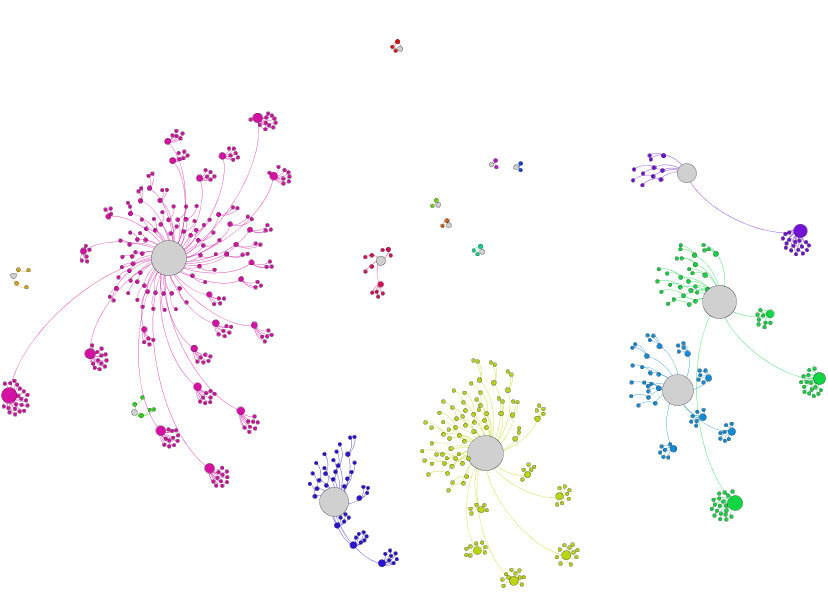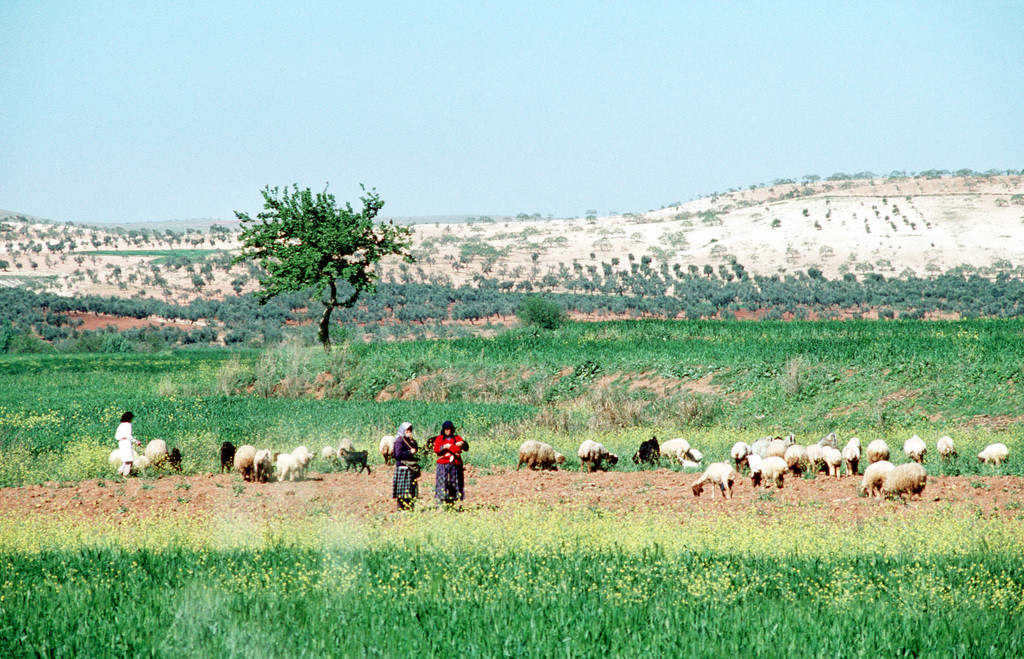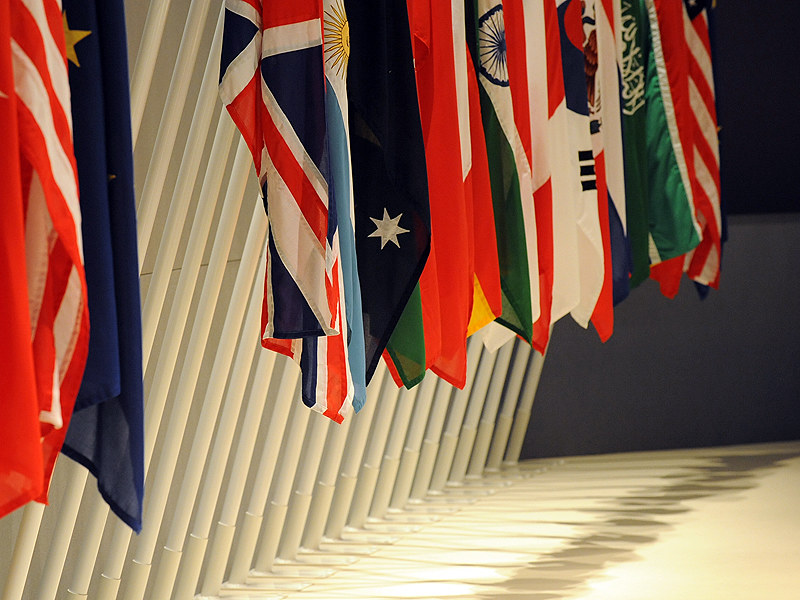Luis Eduardo Gutiérrez analyses the implications of Argentina joining the BRICs in 2024.
A month ago, Argentina was invited to join BRICS (comprised of Brazil, Russia, India, China and South Africa) since January 2024. The outcome of this story is yet to be defined because Argentina will start the next year with a new administration that, according to polls and the results of the primaries, could reject this invitation. Three factors will define how it ends: the October 2023 presidential election, Iran´s inclusion into BRICS, and the real impact on Argentina’s economy.
First, the country’s economy has gone through economic turmoil in recent years, which has led it to face year-on-year inflation rates of over 100%, placing it only below Venezuela in the region. Although the BRICS invitation was not directly linked by President Alberto Fernández to the possibility of solving the crisis, it was sold by the government as a window of opportunity for the country to strengthen its commercial ties with its two main partners, Brazil and China.
The decision was not celebrated by all, on the contrary, criticism appeared as soon as the president broadcasted the news on X. First, opposition candidate, Patricia Bullrich, and the ultra-liberal and self-called anarcho-capitalist, Javier Milei made clear that, if gaining office in October, Argentina will not enter BRICS. For the former, although she understands China and Brazil’s close commercial ties with Argentina, the group does not have any similarity or closeness with Argentinian political values or principles, so this geopolitical alignment is contradictory. Milei, for his part, had already made it clear that he would not promote any kind of state-state relationship or agreements with countries he considers socialists, communists, or anti-democratic, including Brazil, China, and Russia.
Secondly, and a particularly sensitive point in Argentina, was the invitation made to Iran. The country is being accused of having supported, financed, and even planned two terrorist attacks, in the Israeli embassy in 1992, and the Argentina-Israel Mutual Association, AMIA, in 1994. 29 people died in the first, while 85 were killed in the second. This has left an open wound between both nations. Lebanese citizens and former officials of the Iranian embassy in Buenos Aires at the time, accused and indicted by the justice, have not been brought to trial. This case cost the life of prosecutor Alberto Nisman in 2015, who built an accusation against former President Cristina Fernández de Kirchner for a memorandum signed between the two countries in 2013 that sought to advance in the clarification of the facts but that implied covering up the Iranian responsibility.
Finally, the economic relevance and real impact of Argentina’s inclusion in BRICS was also criticised. Being in the group does not necessarily imply opening markets or tariff preferences (yet), but merely the possibility of making joint decisions with a group of countries that want to position themselves stronger in the geopolitical scenario in economic terms. The case of China illustrates this point: since the presidency of Mauricio Macri, the commercial bond has become stronger and under the administration of Alberto Fernández, it moved forward. Both countries have a bilateral currency swap that has allowed Argentina to do business with China directly in yuan avoiding the use of the dollar. This financial mechanism has also allowed Fernández to pay the International Monetary Fund the 2023 fees of its debt.
Additionally, Argentina joined the Belt and Road Initiative in 2022, Xi Jinping’s global initiative that seeks to invest millions of dollars in infrastructure projects worldwide. Finally, China invests in Argentina’s railways, hydropower projects, renewable energy, lithium, and communications. They run a deep space ground station in Neuquen and are about to procure fighter aircrafts. They are also one of the main buyers of Argentinian meat and soybeans.
The decision seems to have no real relevance in the economy, beyond allowing access to credit lines from the BRICS bank, the New Development Bank (NDB) led by former Brazilian President Dilma Rousseff. Regardless of its membership or not, the commercial relationship with China and its neighbor Brazil will not be weakened by the membership or not to the group, what could imply an economic risk in terms of international trade would be the victory of Javier Milei for its clear anti-Chinese stance, but that is another story.
The views expressed in this post are those of the author and in no way reflect those of the International Development LSE blog or the London School of Economics and Political Science.
Featured image: President of the Republic, Luiz Inácio Lula da Silva during a meeting with the President of the Argentine Republic, Alberto Fernández – Casa Rosada, Buenos Aires – Argentina. Palácio do Planalto via Flickr.





